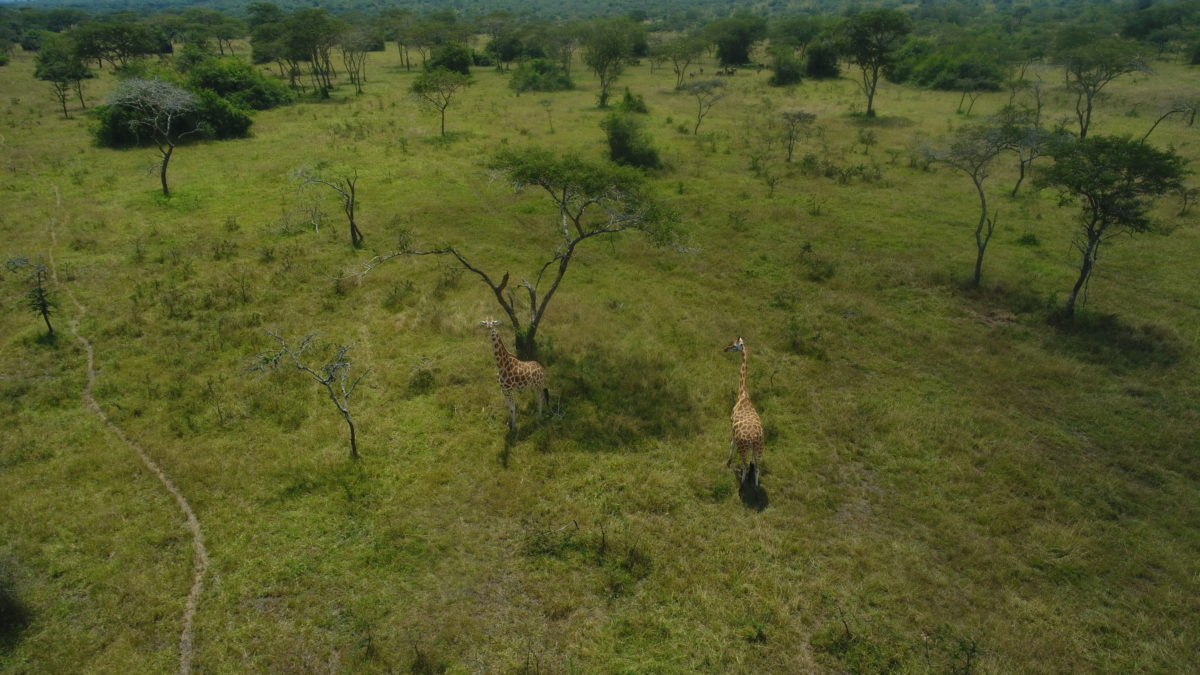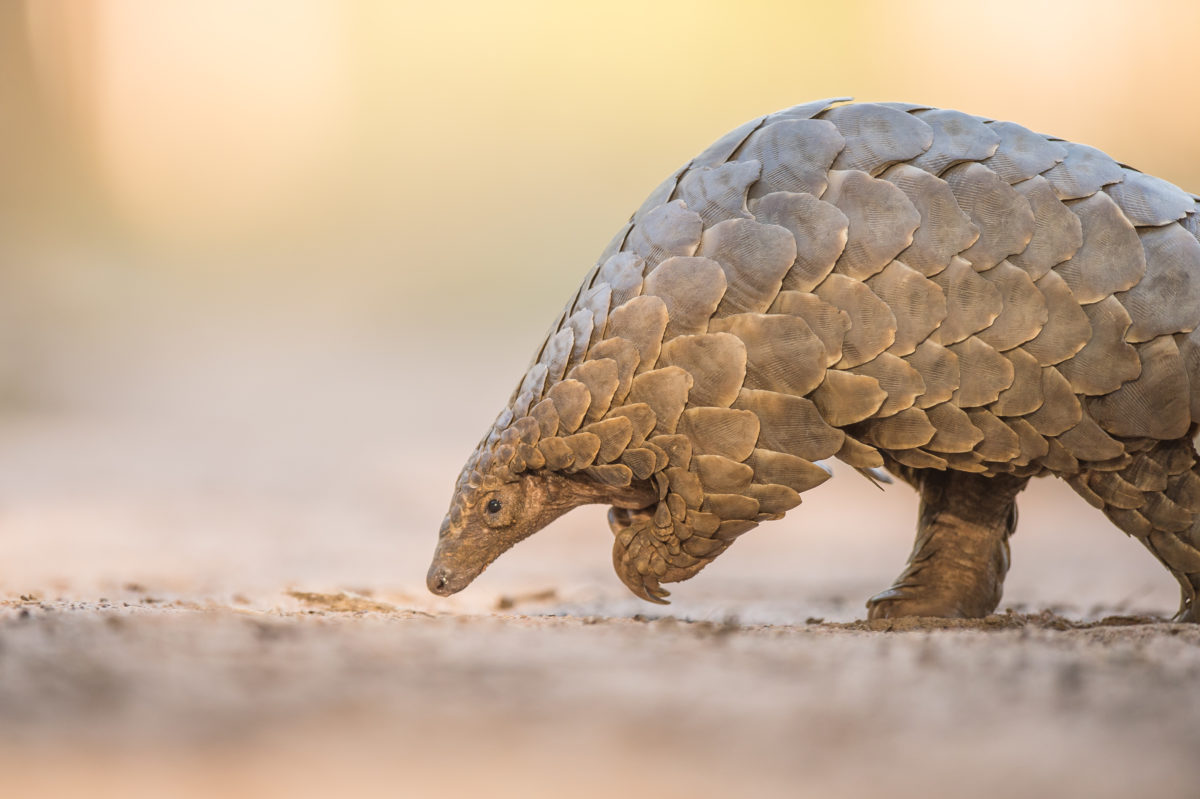In 2019, JRS approved a groundbreaking award to Water Journalists Africa to support environmental journalism. InfoNile.org: A Geojournalism Platform Connecting Journalists and Scientists in the Nile Basin for Data-Based Communication on Biodiversity is in its third year giving scientists biodiversity data platforms for public awareness, including maps, visual tools, and storytelling to catalyze action to conserve biodiversity.
InfoNile has focused on a critical impact of COVID-19 in their report: The Pandemic Poachers: Covid-19 threatens to reverse fragile gains in wildlife conservation in East Africa. This report details efforts across East Africa to protect wildlife and the “perfect storm” created by the pandemic’s socioeconomic impacts on national parks and protected areas. Rising poverty, reduced funding, and lockdowns have placed wildlife-based tourism at risk across Africa, a “tourism catastrophe”, and these factors have also had notable effects on wildlife crimes. With conservation management and enforcement efforts down, wildlife trafficking and poaching in Kenya, Tanzania, and Uganda is on the rise.
The Pandemic Poachers is the result of more than a year of training and mentoring journalists, sourcing and analyzing data, and reporting in various communities across four different countries – all during a time of crisis and on-and-off lockdowns. Annika McGinnis, InfoNile Cofounder and Director, reports that 13 journalists have published 10 stories in media houses including print, online, TV, and radio in multiple languages. The Pandemic Poachers multimedia project brings these stories together and integrates additional reporting and data analysis on how COVID-19 affected wildlife trafficking and conservation in East Africa – a critical subject as tourism, which largely funds conservation, has dropped due to the pandemic. “We didn’t only look at problems however, but also at local solutions: different models of how communities are successfully conserving wildlife while supporting their livelihoods. We are so grateful to our data visualization partner, Code for Africa, and funding partners, the Earth Journalism Network and JRS Biodiversity Foundation, for their support that enabled this project to come to life!”
Dorcas Wangira, a Citizen TV Journalist in Kenya, participated in the JRS-supported data journalism training and mentorship program and reported on the rise in pangolin poaching in Kenya. Her story Pangolins in the Dock fact-checked the claim that pangolins are to blame for the COVID-19 pandemic. “I believe Pangolins in the Dock has been the most challenging project, the most difficult story to tell in 2020 yet the most rewarding. Not many people, even in the newsroom, knew what pangolins were and didn’t see the value in telling this story.” Wangira continues that the InfoNile project and the mentorship she received made all the difference. “What really helped was pitching it outside the newsroom setting. If I had not pitched this story to InfoNile, [it wouldn’t have been] published. Mentorship was extremely valuable. And having a focus group pursuing similar stories kept me going. Sharing and exchanging ideas and resources and encouraging each other is something I cannot take for granted. Other journalists and filmmakers gave me a lot of insight and material to use.”
“There are several journalists in the region reporting about wildlife, but most of them still report on their own instead of collaborating,” shares Fredrick Mugira, Water Journalists Africa Founder and Director, and InfoNile Cofounder. “Basically, this is due to lack of exposure to collaborative journalism. With this project, we have been able to harness the power of cross-border collaborative reporting for wildlife conservation.”


